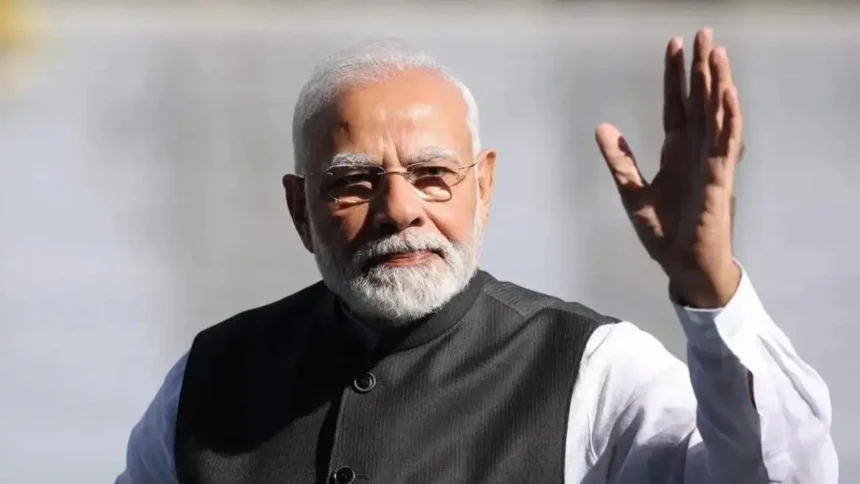In a momentous declaration, Prime Minister Narendra Modi unveiled India’s ambitious strategy to draw investments amounting to $67 billion in the energy sector within the forthcoming five to six years. This bold initiative underscores the government’s commitment to accelerating the country’s energy transition, enhancing energy security, and promoting sustainable development.
The substantial investment commitment reflects India’s recognition of the pivotal role that the energy sector plays in driving economic growth, supporting industrial development, and improving the quality of life for its citizens. As one of the world’s fastest-growing economies, India faces growing energy demand and aims to meet these requirements through a diversified and environmentally sustainable energy mix.
Prime Minister Modi emphasized the importance of leveraging both conventional and renewable energy sources to meet India’s energy needs while reducing carbon emissions and mitigating climate change. The planned investments encompass a wide range of projects, including the development of renewable energy infrastructure, expansion of clean energy generation capacity, modernization of the existing energy grid, and adoption of innovative technologies for energy efficiency and conservation.
Renewable energy, in particular, holds immense potential in India’s energy landscape, offering a viable solution to address energy security concerns, reduce dependence on fossil fuels, and combat air pollution. With abundant solar, wind, and hydro resources, India is well-positioned to capitalize on the opportunities presented by renewable energy deployment.
The government’s push for renewable energy development is bolstered by various policy initiatives and regulatory measures aimed at attracting investments, facilitating project implementation, and promoting market competitiveness. Initiatives such as the National Solar Mission, Wind Energy Mission, and Green Energy Corridors are designed to incentivize renewable energy deployment, streamline regulatory processes, and create an enabling environment for private sector participation.
Furthermore, India’s commitment to international climate goals, including the Paris Agreement, serves as a driving force behind its efforts to transition to a low-carbon economy. By ramping up investments in renewable energy and adopting cleaner technologies, India aims to reduce its carbon footprint, enhance energy security, and contribute to global efforts to mitigate climate change.
The planned investments in the energy sector are expected to generate significant socio-economic benefits, including job creation, rural electrification, and improved access to clean and affordable energy services. Additionally, by fostering innovation and entrepreneurship in the energy sector, India aims to position itself as a global leader in clean energy technology development and deployment.
Prime Minister Modi’s declaration regarding India’s intention to secure $67 billion in energy sector investments marks a momentous step forward in the nation’s pursuit of sustainable growth and energy resilience. Through prioritizing the adoption of renewable energy, upgrading energy infrastructure, and nurturing innovation, India stands ready to take the lead in advancing towards a greener and more sustainable energy landscape on the global stage. However, achieving these ambitious goals requires unwavering commitment, bold policy interventions, and collaborative action from all stakeholders to overcome challenges and realize the full potential of India’s energy sector.




